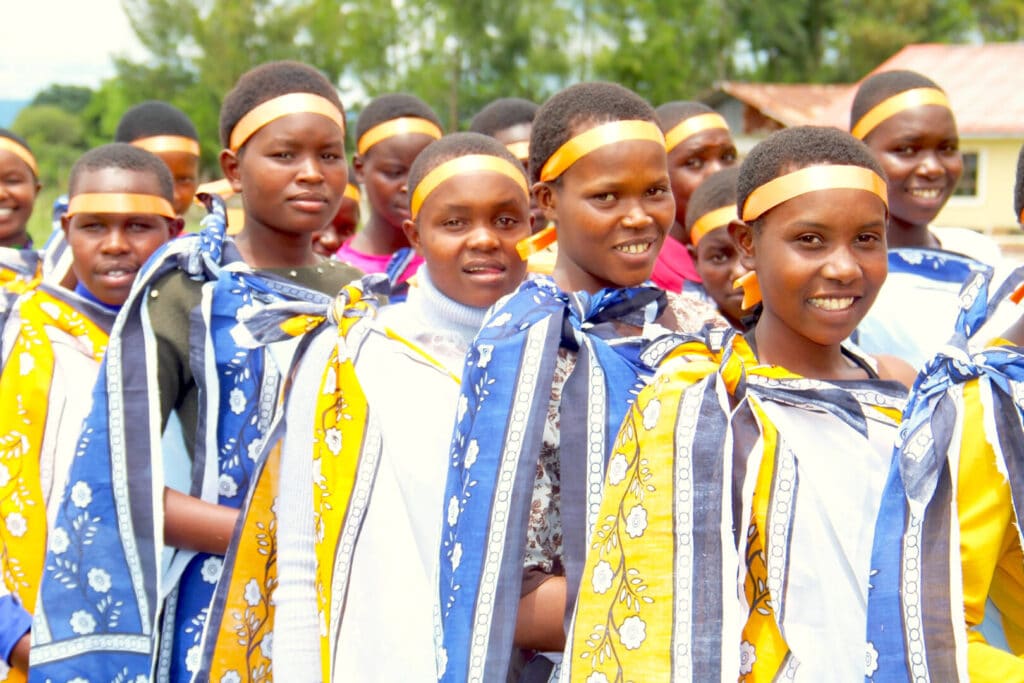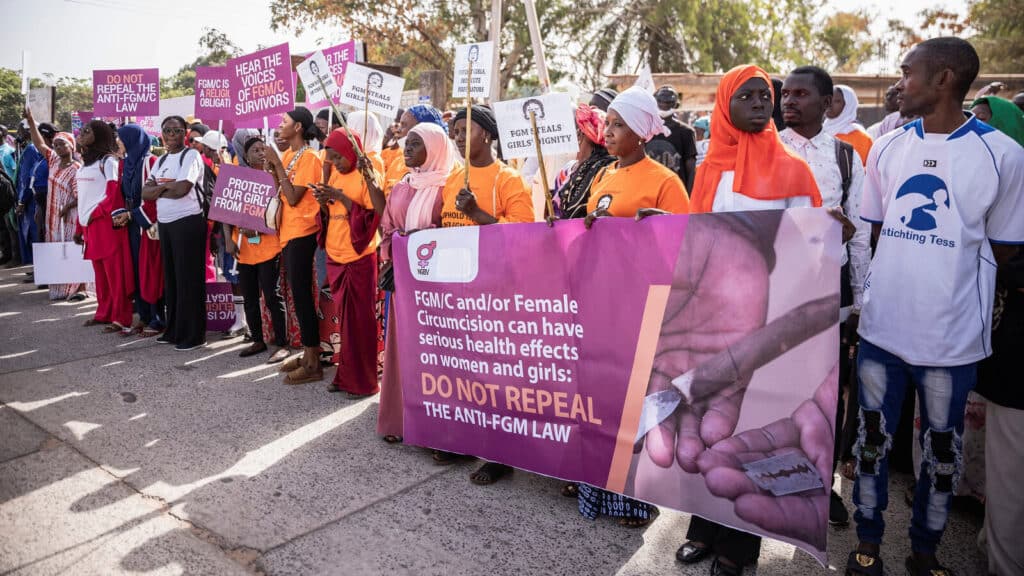In the heart of a bustling city, amidst the cacophony of daily life, there exists a silent anguish carried by those who have undergone Female Genital Mutilation (FGM). Amina’s story echoes this pain. Raised in a community where FGM was a deeply ingrained tradition, she endured the excruciating ritual at a tender age. But as she navigates the complexities of her trauma, she finds solace in the arms of a supportive society committed to healing her wounds.
At the forefront of societal intervention lies education. By raising awareness about the physical, psychological, and emotional consequences of FGM, communities can dismantle the misconceptions surrounding this harmful practice. Amina’s journey towards healing begins when local activists initiate dialogue sessions, shedding light on the adverse effects of FGM. Through workshops and campaigns, they empower individuals to challenge harmful traditions and advocate for the rights of survivors.

Moreover, healthcare services play a pivotal role in restoring dignity to survivors like Amina. Equipped with specialized knowledge and sensitivity, medical professionals offer comprehensive care tailored to their unique needs. Amina’s path to recovery is paved with compassionate support from gynecologists and therapists who provide medical treatments, counseling, and psychological support. Together, they navigate the physical and emotional scars, fostering resilience and reclaiming her sense of self.

Beyond the confines of healthcare institutions, community support networks offer a nurturing environment for survivors to thrive. Amina finds refuge in support groups where she encounters kindred spirits who share similar experiences. Here, she discovers a sense of belonging and solidarity, embarking on a collective journey towards healing and empowerment. Through mutual support and advocacy initiatives, they challenge societal norms, amplify their voices, and demand justice for survivors.
As societal attitudes evolve, legal frameworks must mirror this progress by enacting stringent laws to protect the rights of survivors and prevent future incidences of FGM. Amina’s resilience becomes a catalyst for change as policymakers heed her call for justice. Through legislative measures and enforcement mechanisms, society sends a clear message: FGM is an egregious violation of human rights that will not be tolerated. With each legal victory, Amina’s courage reverberates, inspiring hope for a future free from the shackles of FGM.

In the tapestry of society, every thread of support weaves a narrative of resilience and renewal. Amina’s journey from victim to survivor epitomizes the transformative power of collective action. Through education, healthcare, community support, and legal advocacy, society emerges as a beacon of hope, extending a lifeline to those who have endured the trauma of FGM. Together, we rewrite the narrative, ushering in a future where every individual is free to embrace their identity without fear or shame.



